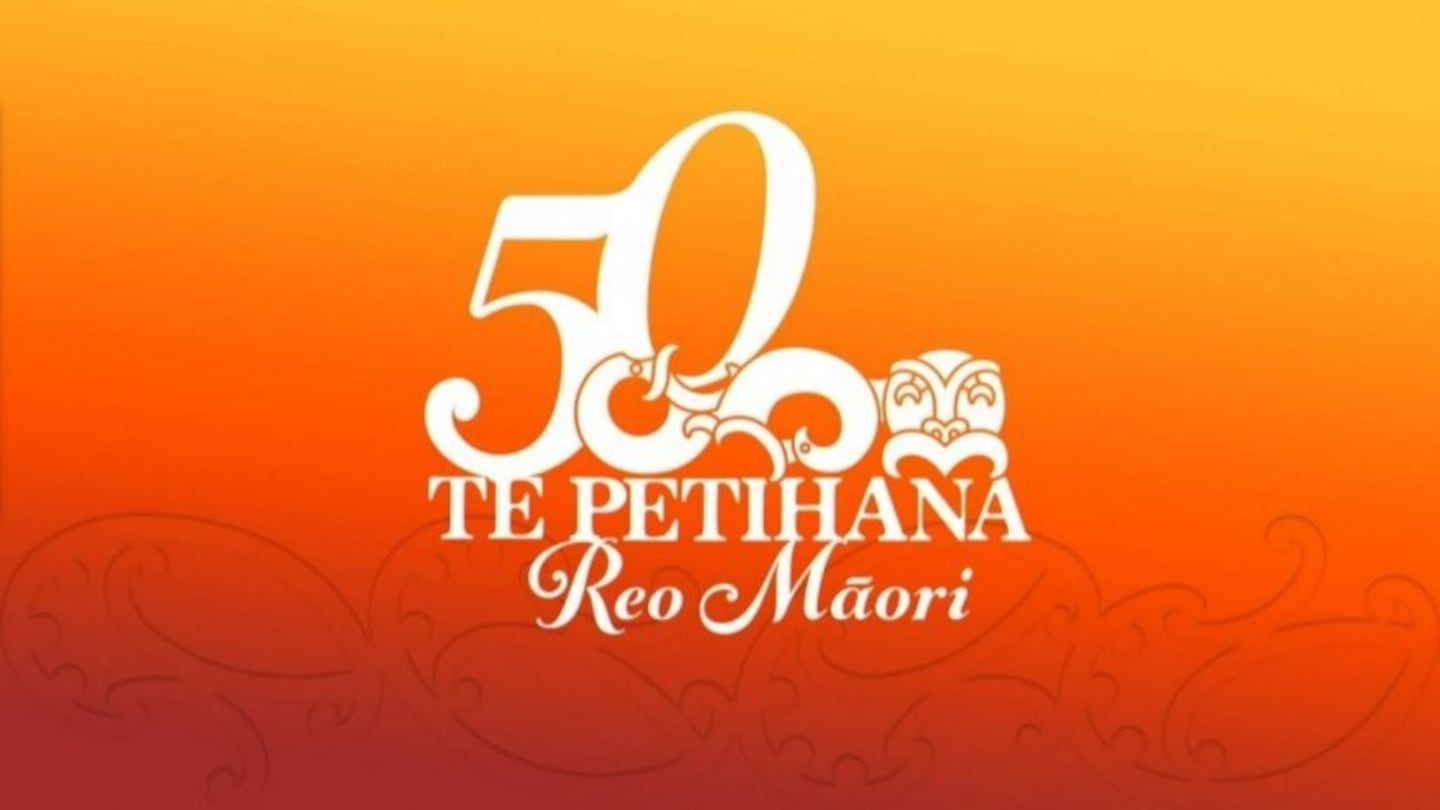The steps of Parliament were filled with celebration, remembrance and reflection for Te Petihana Reo Māori – the Māori Language Petition, for its 50th anniversary today in Wellington.
Many from across Aotearoa converged on Parliament’s steps, including some of the original people who were a part of the historical moment, with many New Zealand flags flying side by side with flags of Tino Rangatiratanga.
On this day 50 years ago, the petition was delivered to Parliament by reo Māori stalwart Hana Te Hemara, leading the activist group Ngā Tamatoa, Te Rōpū Reo Māori (Te Reo Māori Society) and university students to have te reo Māori recognised as an official language in New Zealand.
The petition, signed by over 30,000 people, has paved the way for many milestones for Māori.
Speaking from Muru Raupatu marae, one person who was part of that pivotal moment in Aotearoa’s history was Donna Awatere Huata. She says though she was quiet in her young days, she became a fearless activist for Ngā Tamatoa for which she credits Te Hemara.
“I look back and think, I was an opera singer, that was my career, and transforming into an activist was partly her [Hana Te Hemara’s] doing. She provided an environment for young students like myself where we could learn, grow and get our confidence, find our feet. I certainly did through her example.”
Speaking from Parliament, Māori Development Minister Willie Jackson paid tribute to "our crew of the time" for being brave and advancing te reo Māori, not just by Māori but by Pākehā as well.
"I'm standing here today, 50 years later, as the minister for Māori development because of the mahi they did. Because they did something, te reo Māori is an official language of Aotearoa.
"We have the Māori Language Act. We have Māori media and a te reo Māori learning structure because of their courage and their vision."
Jackson also had a message for fluent reo Māori speakers: "We have to akiaki a lot of our people coming through. We're all into the reo.
"There is real language trauma. Sometimes people mēnā, kei te hē, kei te pai. If you keep whakahē, criticising, our people will stop talking Māori."
Taonga presented
During the proceedings, Deputy Prime Minister Grant Robertson, filling in for Prime Minister Jacinda Ardern, who is en route to the United Kingdom for the Queen’s funeral, was presented with a patu parāoa as a taonga. It will be exhibited as part of the Māori Language Petition exhibition at the National Library.
Robertson called the many who marched to Parliament a “strong, determined and revolutionary group of New Zealanders”.
“For the changes that they have made to our nation, that you have made to our nation, I am proud and grateful.
“Of course, we still have more to do,” Robertson said. “But today shows just how far we have come.
“Fifty years ago Hana put it this way, and I quote: ‘Often you hear the quotation in New Zealand that we are two races but one people. I feel we are objecting to being phased out. The Māori language has a natural heritage in this country, and through the language, the New Zealander as a whole will get his identity.’”
'Thank you'
Hana-Rawhiti Maipi (Ngāpuhi, Waikato, Te Āti Awa, Ngāti Porou, Ngāi Tahu), a mokopuna of Ngā Tamatoa members Ramari and Timi Maipi, who has been a champion for rangatahi in te ao Māori, and has launched a book about maramataka Māori, also spoke after presenting the patu parāoa.
She paid tributes to the rangatira and tīpuna before her.
“It’s been difficult to comprehend; why are we giving them a taonga? They should be giving one to us,” she said. But she emphasised, "this is for us and, most importantly, the ones before us".
“These are the resilient rebels that change the world and without the rebels, you would get nothing over the line.
“I have nothing short of saying 'thank you' [to Hana], and I’ll let the dictionary speak for your āhua.
“Hana, verb – to shine, glow, give out heat, radiate. Hana, noun – flame, glow, warmth, heat and radiance.”
'Courage, grace, energy'
At Muru Raupatu marae in Taranaki, Ngā Tamatoa member emeritus professor Ngahuia Te Awekotuku, remembered her old friend Hana Te Hemara as a woman of exceptional "courage, grace and energy" to "actually say the unspeakable".
"To be Māori in the ways that we define being Māori was particularly threatening, yet she carried that threat. She carried it with dignity and with style."


